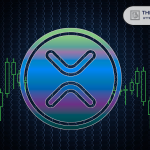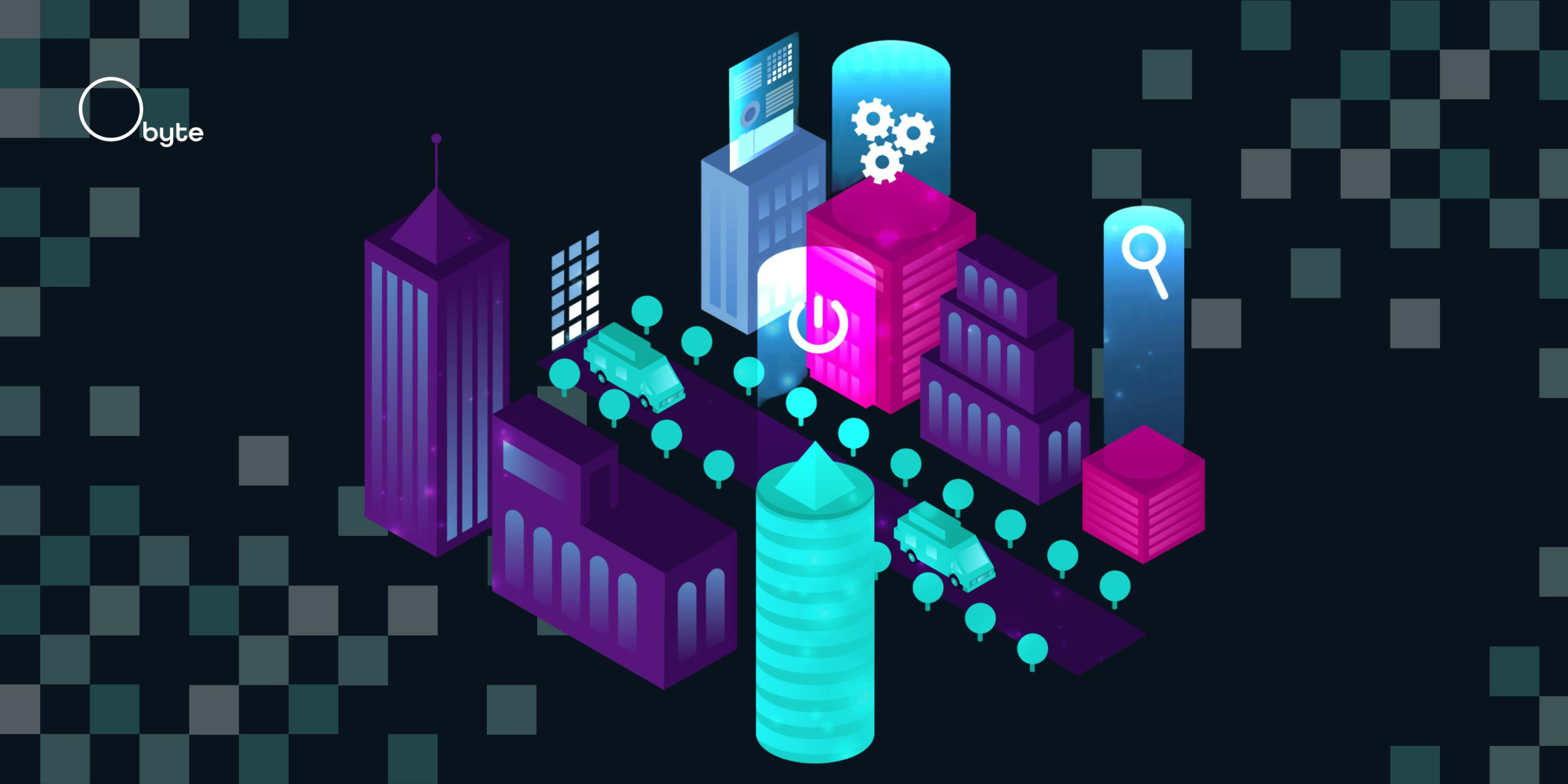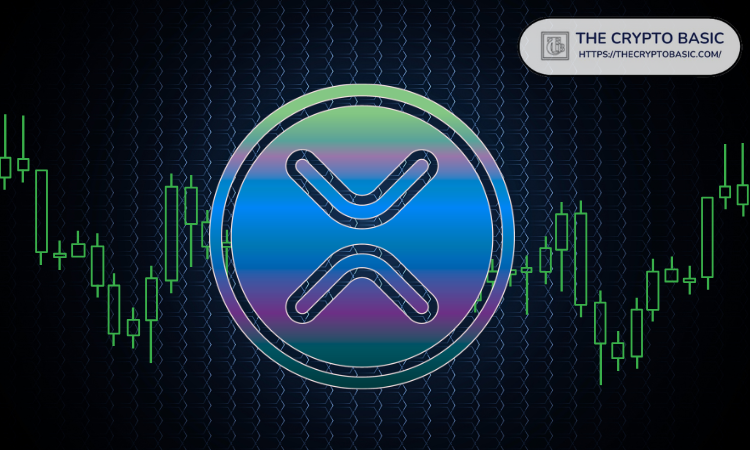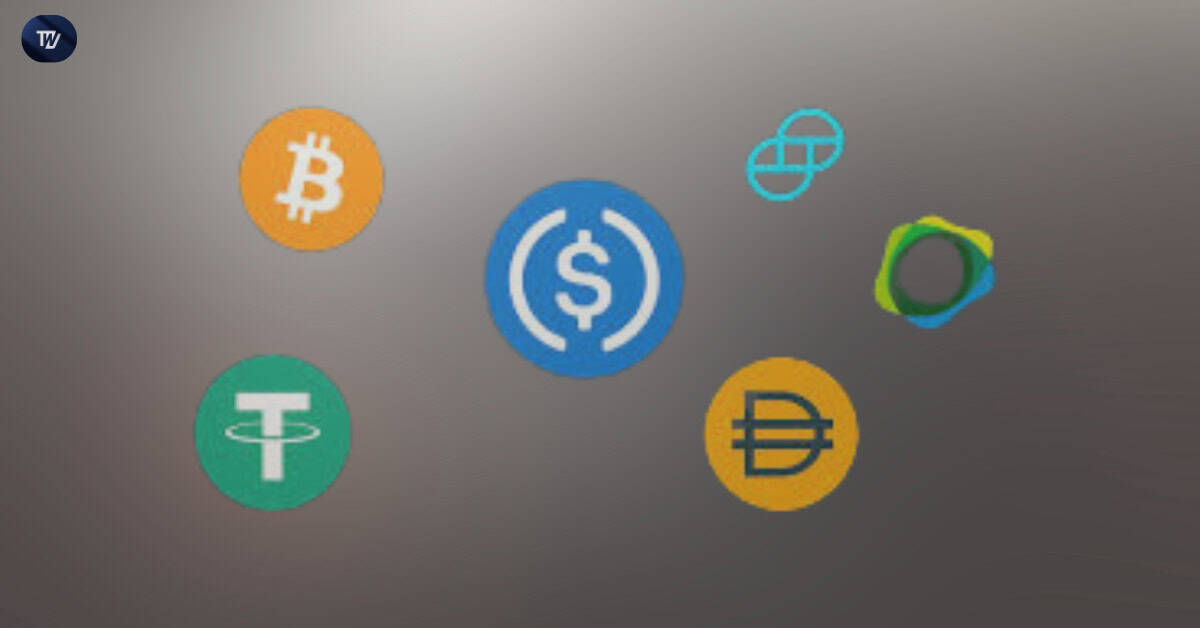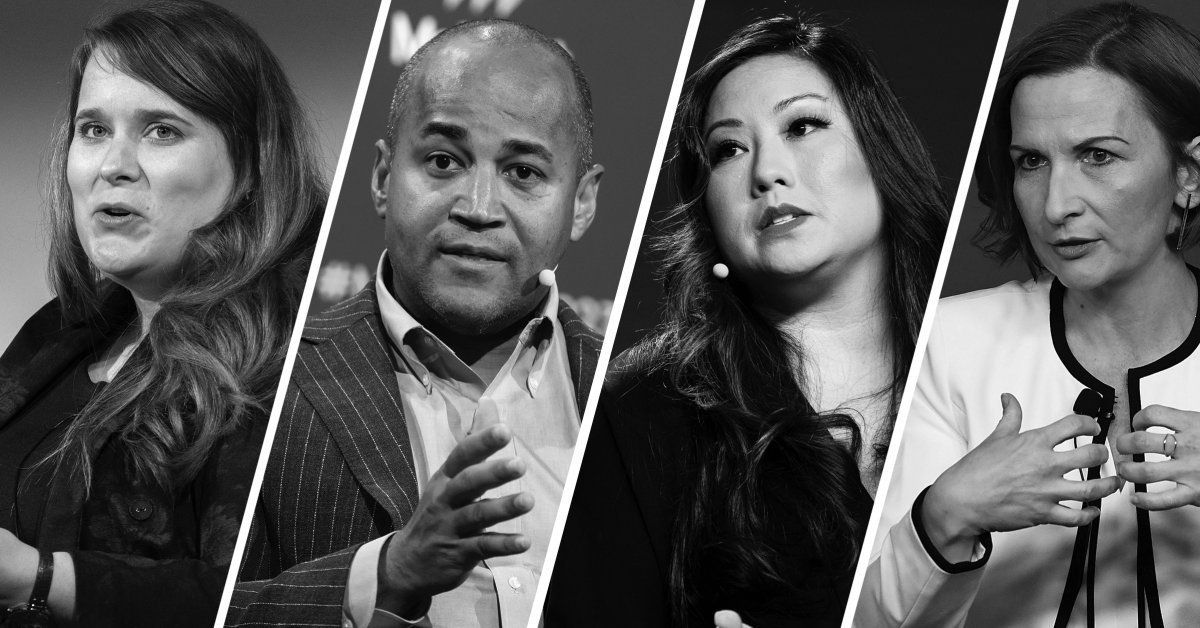Distributed ledger technology (DLT) and cryptocurrencies are now ubiquitous and applied across a wide range of industries. From finance to supply chain management, these technologies are driving innovation and reshaping the way businesses and people interact. The adaptability of DLT has also attracted the attention of governments around the world, inspiring them to create platforms tailored to their unique needs and vision of the future.
Around the world, many cities and their governments have developed their own crypto projects and platforms. Each site brings its own approach, shaped by local expertise, culture and economic priorities. These initiatives demonstrate how diverse applications of this technology can address region-specific challenges while contributing to the broader development of decentralized solutions.
We will explore some of these projects in the future.
Bonds in Quincy
In April 2024, the city of Quincy, Massachusetts became the first U.S. municipality to issue bonds via DLT. In this context, a bond is similar to a loan granted by investors to the city. The city borrows money to finance public projects and, in exchange, promises to repay investors over time, with interest. Working with JP Morgan and leveraging its private channel Onyx Digital Assets, Quincy raised $10 million through a seven-year bond issue.
Quincy
The issue was smaller than Quincy’s usual bond size, but it served as a proof of concept to explore the potential of DLT in simplifying processes such as interest payments. This platform, for example, can enable automatic payments to bondholders and reduce costs for all parties involved.
Supply chain in Dubai
The government agency responsible for regulating trade, enforcing customs laws and facilitating the movement of goods in and out of Dubai, Dubai Customs, launched a new DLT platform in July 2024. -this will aim to improve the way goods are tracked and traded within the country. city and beyond its borders.
DLT was chosen for this project due to its ability to securely store and share data across multiple locations. This technology is ideal for tracking the movement of goods in real time, reducing fraud and ensuring reliable transactions. By automating many procedures, the platform saves time and effort for everyone involved, from companies handling shipments to customs agents clearing goods. This makes Dubai’s business and logistics environment smoother and more attractive to global partners.
Identity in Buenos Aires
In October 2024, Buenos Aires (the capital of Argentina) finally launched QuarkID, a digital identity platform powered by DLT, designed to improve the security and privacy of its 3.6 million citizens. QuarkID, which was
QuarkID uses DLT to provide secure, tamper-proof data management. The platform uses zero-knowledge cryptography, which allows individuals to share only the specific information needed for each interaction, while keeping the rest of their data private. Without intermediaries involved,
Buenos Aires plans to expand QuarkID to include more services, such as licenses and driver’s licenses, and is testing its use in 12 other cities in five countries. By adopting this technology for digital identities, Argentina aims to create a more efficient, secure and cost-effective system, setting an example for other governments.
Crypto Index in Hong Kong
The Hong Kong Stock Exchange (HKEX) made history by launching Asia’s first EU-regulated crypto index, a major development for the region. Unveiled in November 2024, the index integrates major cryptocurrencies like Bitcoin and Ether into traditional financial markets. Recall that an index is a tool that tracks the value of a group of assets, showing how the prices of those assets change over time. EU regulations ensure that the index is accurate, trustworthy and follows strict rules. This helps protect investors by ensuring that information is reliable and transparent.
By proposing this initiative,
In this way, Hong Kong bridges the gap between traditional finance and the growing world of cryptocurrencies. Today, we can say that HKEX supports the healthy development of the virtual asset market while consolidating its leadership in financial innovation in Asia.
Tokenization in Singapore
The Monetary Authority of Singapore (MAS) has been a very active player in DLT for several years. In November 2024, he shared his plans to promote the use of tokenization in finance. Tokenization involves turning assets such as stocks or bonds into digital tokens on a DLT, making them easier to trade. MAS wants to connect financial companies to make the buying, selling and settlement of tokenized assets smoother and faster.
The authority is also expanding its Global Layer One (GL1) initiative, which began in 2023. GL1 aims to create a transparent system for cross-border transactions by ensuring compatibility of market infrastructures. This will facilitate international trading of tokenized assets, with clear governance and risk management guidelines. Additionally, MAS is also introducing a common settlement system to build trust in tokenized transactions, using a wholesale central bank digital currency (CBDC) for settlements.
A versatile crypto ecosystem
Of course, there are many DLT platforms available today, but not all offer the same features, security, and levels of decentralization.
Additionally, while other DLT platforms have been chosen purely for their efficiency, Obyte also offers users true freedom by using a decentralized Directed Acyclic Graph (DAG) system, eliminating intermediaries such as miners or validators. This guarantees fast and secure transactions without intermediaries or risks of censorship. Beyond that, it is a versatile crypto ecosystem, supporting a wide range of features.
These features empower both individuals and institutions by eliminating middlemen and giving users full control over their data and transactions. With Obyte’s decentralized structure, no central authority can change or manipulate the system, ensuring transparency and trust at all levels.


